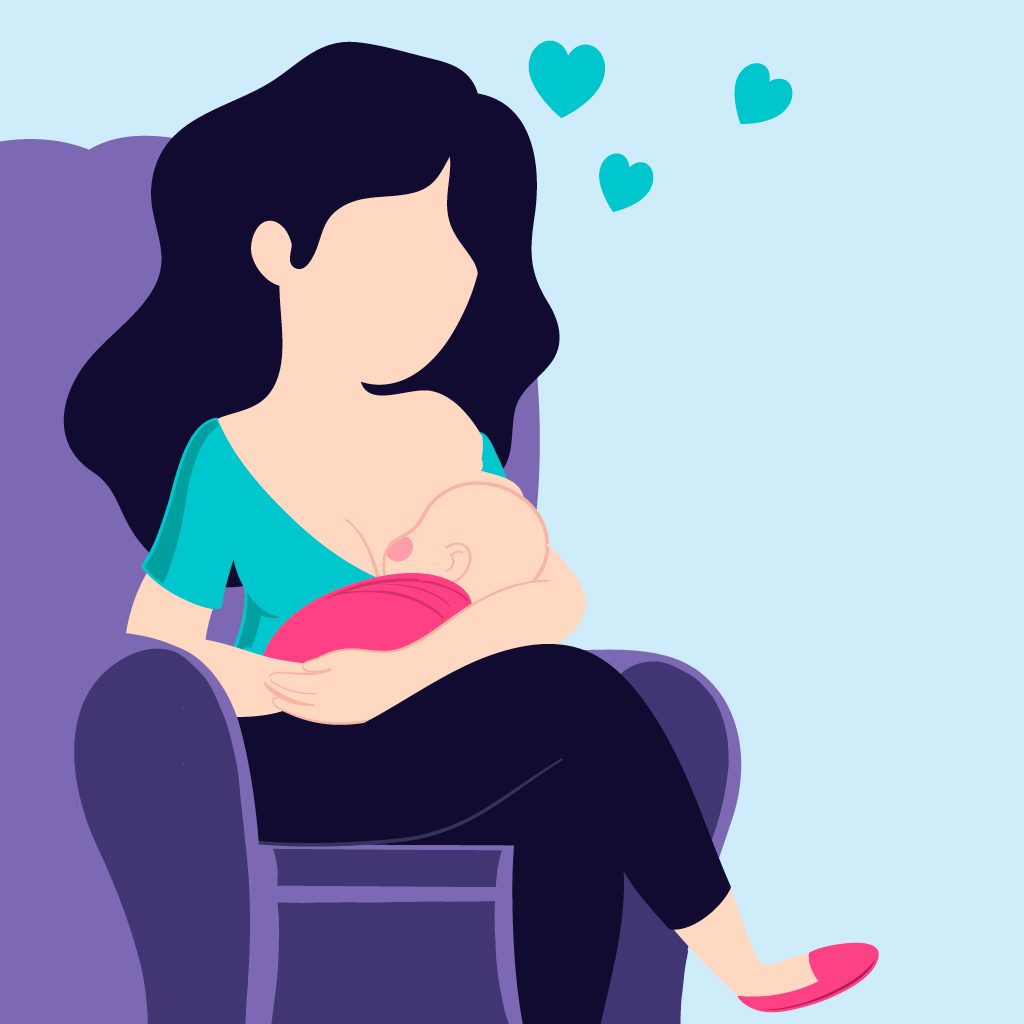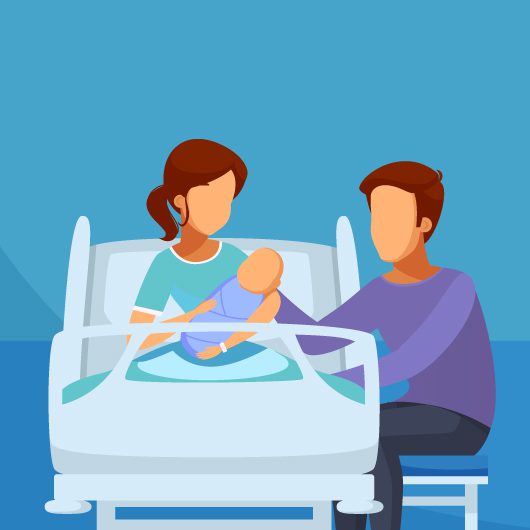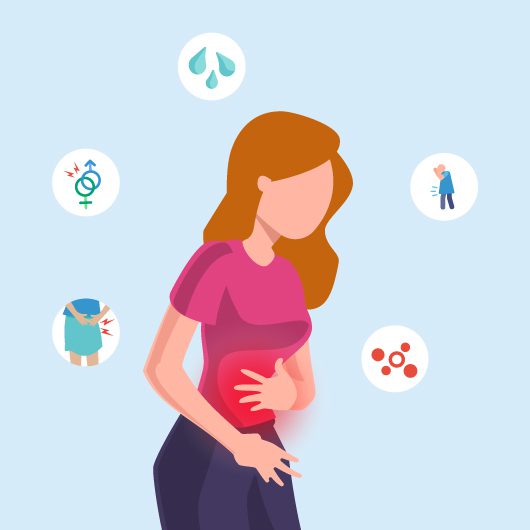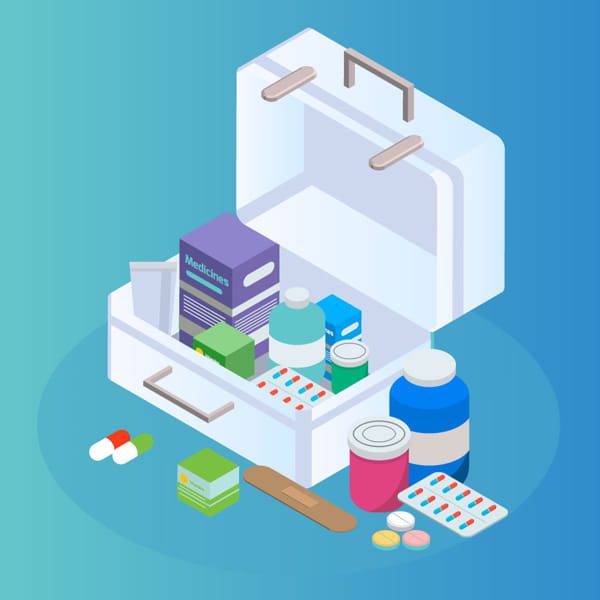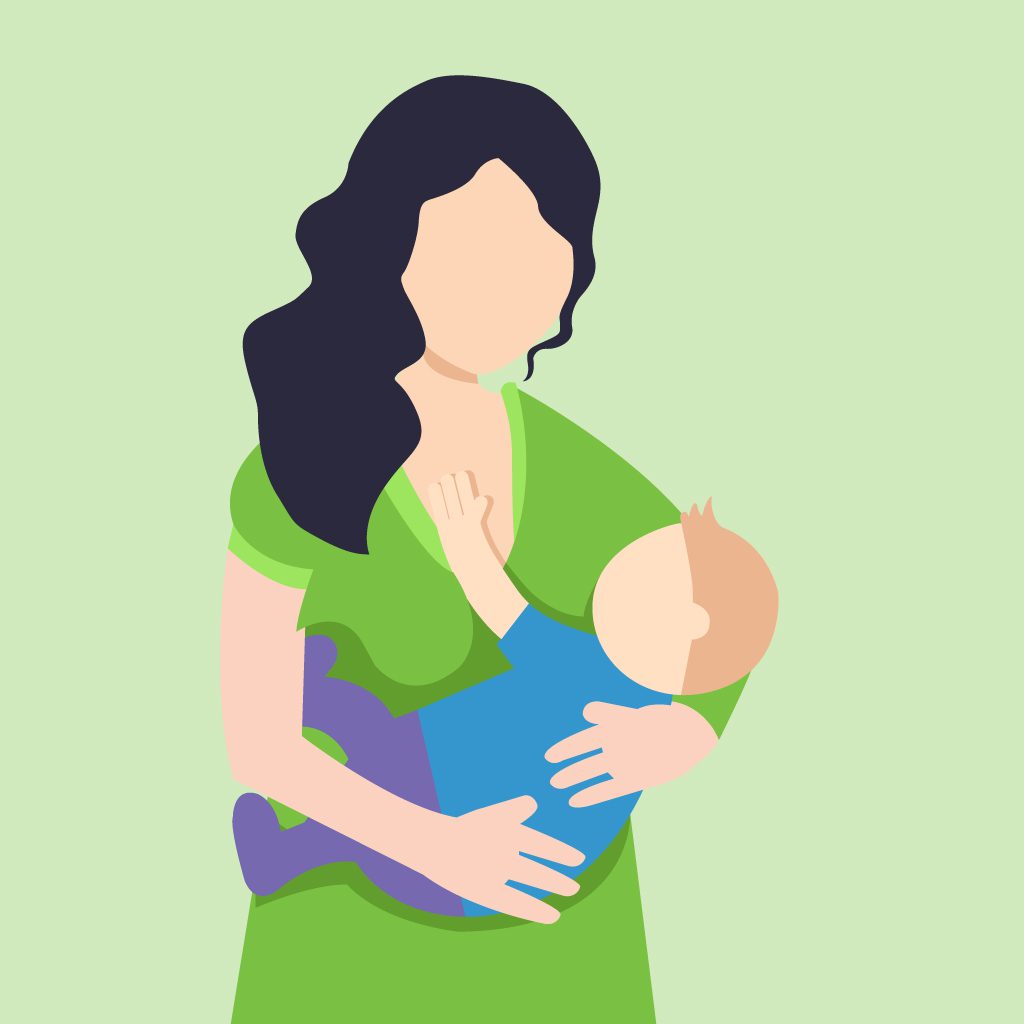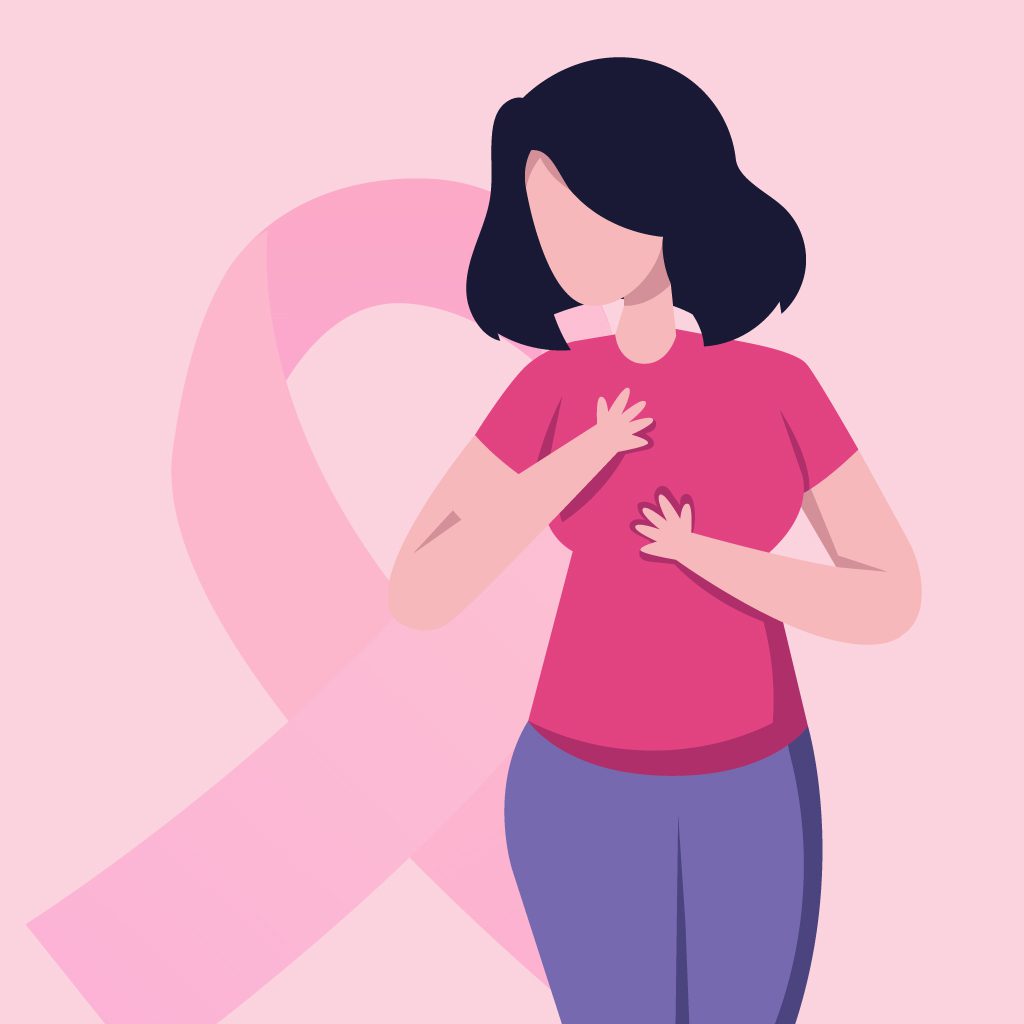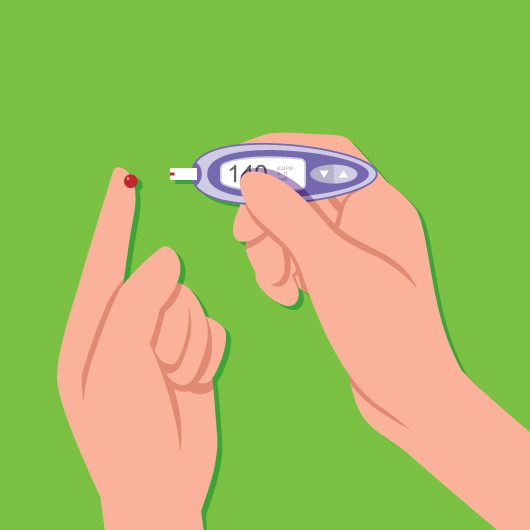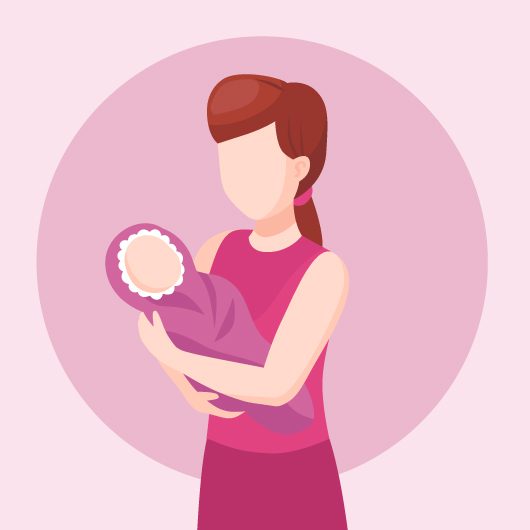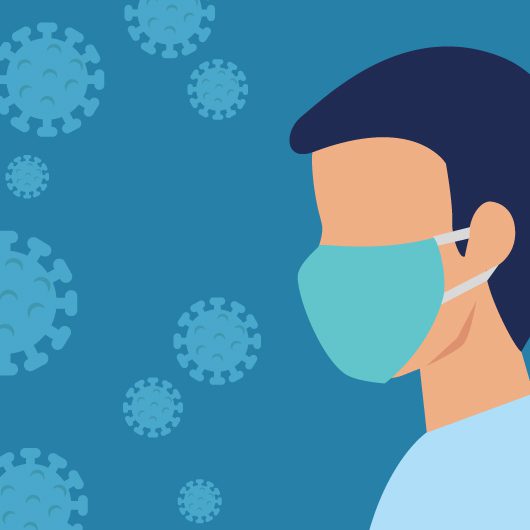ما هو الرابط بين البدانة ومُتلازمة المبيض المُتعدد الكيسات؟
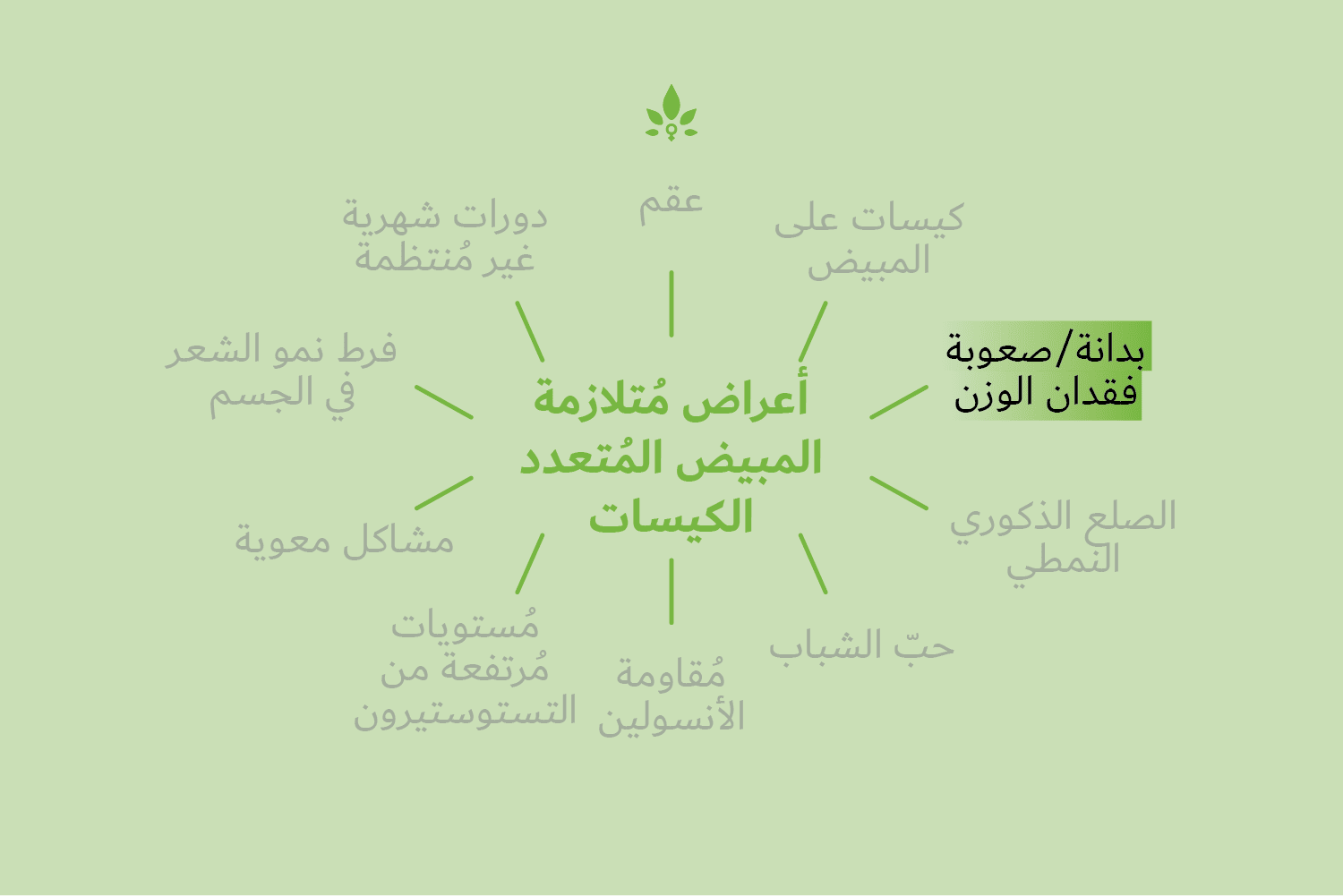

- Obesity and PCOS are connected in several ways.
- Women who are obese are likely to experience increased male hormones (testosterone) and insulin resistance.
- Being obese is also associated with chronic low-grade inflammation which is thought to be linked to PCOS.
Obesity is a common side effect of PCOS
Between 50 and 80% of women with PCOS are obese (Body Mass Index (BMI) > 25). Women who are obese also seem to have more severe signs of hyperandrogenism. Obesity is intrinsically linked to insulin resistance, and furthermore, being overweight serves as a maker of chronic low-grade inflammation.
Inflammation is inherently linked to almost all diseases. Exposure to any stressor or inflammatory agent, whether it is endogenous, or an external trigger in the diet or environment, causes the immune system to react and produce certain markers. Measuring the levels of these markers can help to determine the inflammatory status of a particular individual.
Whilst it is widely accepted that PCOS is a condition of chronic low-grade inflammation, controversy remains as to whether the condition itself is inflammatory, or whether the circulating markers that are found in the blood serum are a secondary effect of the associated conditions, such as insulin resistance and obesity.
One meta-analysis (a review encompassing a large number of studies) found a two-fold elevation in one of the most common inflammation markers, C-reactive protein, in women with classic PCOS. This increase was independent of obesity status. Other studies have found increases in the levels of interleukin-18 and higher white blood cell counts, which are both markers of inflammation.
However, critics of the theory argue that the fold changes are not large, often the study sizes are small, and the results are inconsistent. It should also be noted that reproductive processes including ovulation and menstruation, cause a transient increase in markers of inflammation, but, under normal conditions, these inflammatory reactions are rapidly resolved and normal reproductive function is maintained.
There is some evidence that inflammation can impede ovulation directly and that it stimulates the ovaries to produce excess androgens. This would indicate that chronic inflammation is the driving factor behind cases of classic PCOS; inducing the two main symptoms of the condition, anovulation and hyperandrogenism. However, others believe that the inflammation observed in women with PCOS is a secondary event.
Regardless of the exact mechanism involved and whether the inflammatory response in PCOS is cause or effect, what is clear is that the normal endocrine-immune state is disrupted and treatment should focus on restoring it to normal.
Treating obesity and PCOS
The first step for most women with classic PCOS should be to focus on reducing their BMI. Losing weight reduces inflammation. It is also associated with a reduction in circulating androgens, enhanced ovulation induction and improvements in metabolic function. Highlighting the importance of weight loss for overcoming the symptoms of classic PCOS.
Taking a holistic approach to therapy and minimising exposure to irritants in the environment and diet also helps to alleviate some of the associated inflammation seen in many cases of PCOS.
- A healthy diet with no processed foods and limited alcohol intake will minimise the likelihood of an immune response.
- Dietary supplements can also help to reduce the effects of inflammation. Magnesium, in addition to possibly reducing insulin levels, has anti-inflammatory activity and, therefore, is one of the most useful supplements to take. When given as a co-supplement with vitamin E, magnesium reduced the levels of inflammatory biomarkers, including C-reactive protein, and lessened the signs of hirsutism.
These approaches are particularly effective for patients who show other signs of immune dysfunction, such as headaches, frequent infections and skin complaints.
Untreated inflammation can have long term health implications; such as increased risk of cardiovascular disease (CVD). In fact, the inflammation marker that has been shown to be increased in women with PCOS, C-reactive protein, is regularly used as a biomarker for assessing the risk of CVD.
To read more about factors that are associated with PCOS click here.
Nabta is reshaping women’s healthcare. We support women with their personal health journeys, from everyday wellbeing to the uniquely female experiences of fertility, pregnancy, and menopause.
Get in touch if you have any questions about this article or any aspect of women’s health. We’re here for you.
Sources:
- Duleba, A J, and A Dokras. “Is PCOS an Inflammatory Process?” Fertility and Sterility, vol. 97, no. 1, Jan. 2012, pp. 7–12., doi:10.1016/j.fertnstert.2011.11.023.
- El Hayak, S, et al. “Poly Cystic Ovarian Syndrome: An Updated Overview.” Frontiers in Physiology, vol. 7, 5 Apr. 2016, p. 124., doi:10.3389/fphys.2016.00124.
- Escobar-Morreale, H F, et al. “Circulating Inflammatory Markers in Polycystic Ovary Syndrome: a Systematic Review and Metaanalysis.” Fertility and Sterility, vol. 95, no. 3, 1 Mar. 2011, pp. 1048–1058., doi:10.1016/j.fertnstert.2010.11.036.
- González, F. “Inflammation in Polycystic Ovary Syndrome: Underpinning of Insulin Resistance and Ovarian Dysfunction.” Steroids, vol. 77, no. 4, 10 Mar. 2012, pp. 300–305., doi:10.1016/j.steroids.2011.12.003.
- Jabbour, H N, et al. “Inflammatory Pathways in Female Reproductive Health and Disease.” Reproduction, vol. 138, no. 6, Dec. 2009, pp. 903–919., doi:10.1530/REP-09-0247.
- Lorenz, T K, et al. “Links among Inflammation, Sexual Activity and Ovulation: Evolutionary Trade-Offs and Clinical Implications.” Evolution, Medicine and Public Health, vol. 2015, no. 1, 16 Dec. 2015, pp. 304–324., doi:10.1093/emph/eov029.
- Norman, R J, et al. “The Role of Lifestyle Modification in Polycystic Ovary Syndrome.” Trends in Endocrinology and Metabolism, vol. 13, no. 6, Aug. 2002, pp. 251–257.
- Pasquali, R, et al. “The Impact of Obesity on Reproduction in Women with Polycystic Ovary Syndrome.” BJOG, vol. 113, no. 10, Oct. 2006, pp. 1148–1159., doi:10.1111/j.1471-0528.2006.00990.x.
- Patel, S. “Polycystic Ovary Syndrome (PCOS), an Inflammatory, Systemic, Lifestyle Endocrinopathy.” The Journal of Steroid Biochemistry and Molecular Biology, vol. 182, Sept. 2018, pp. 27–36., doi:10.1016/j.jsbmb.2018.04.008.







